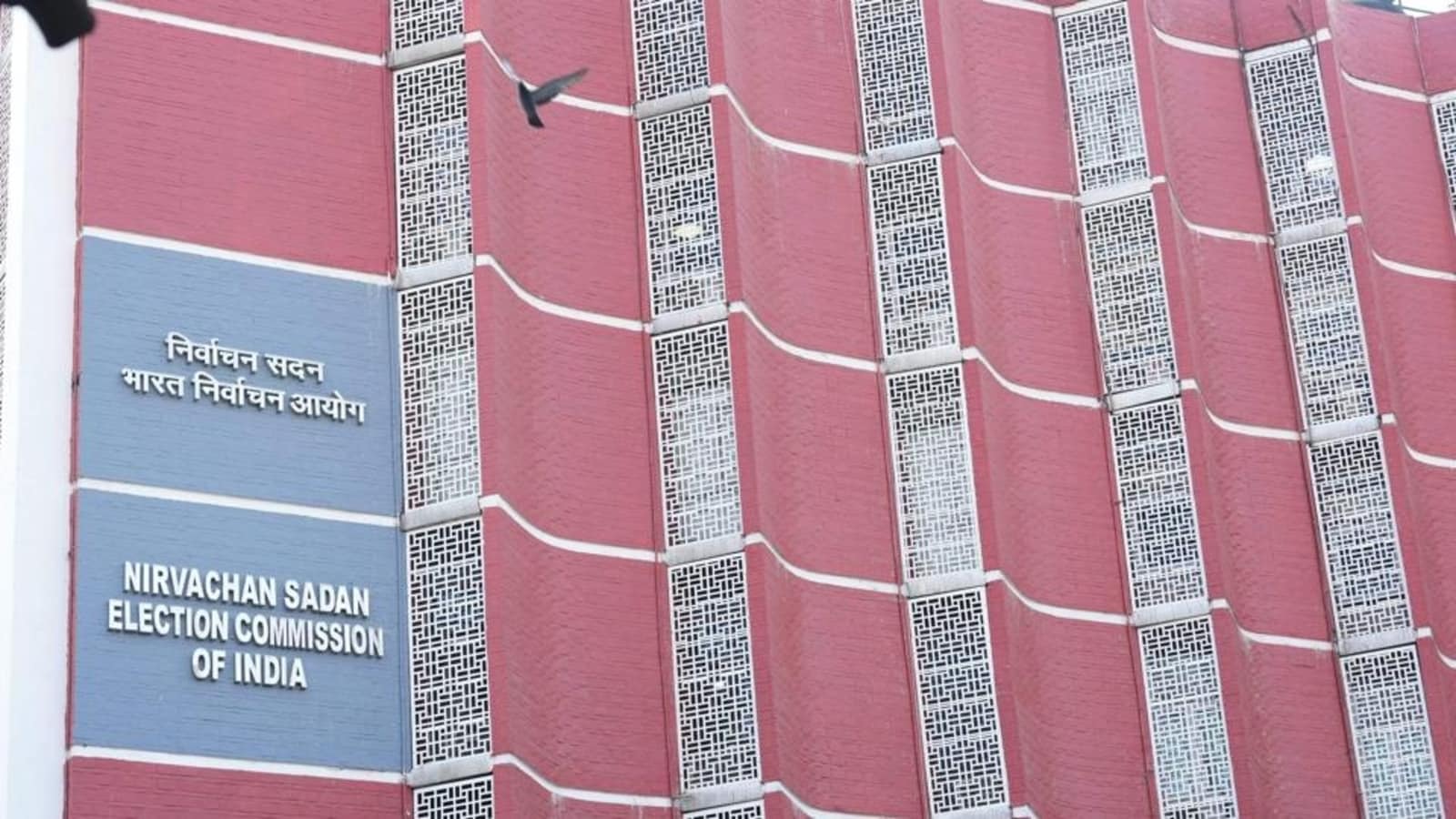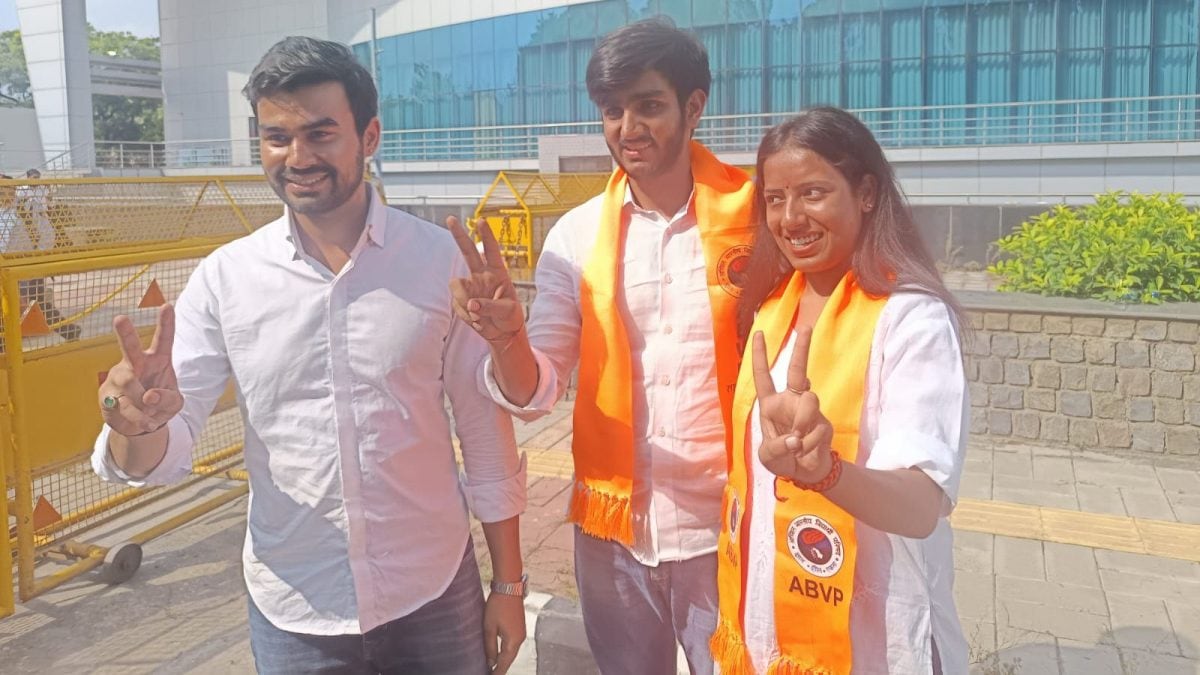Now Reading: ECI Strikes Off 121 Inactive Parties in UP: What It Means for Democracy at Local Level
-
01
ECI Strikes Off 121 Inactive Parties in UP: What It Means for Democracy at Local Level
ECI Strikes Off 121 Inactive Parties in UP: What It Means for Democracy at Local Level

The Election Commission of India (ECI) has delisted 121 registered political parties in Uttar Pradesh that have not contested any Assembly or Lok Sabha elections since 2019. The move affects parties across 51 districts and withdraws benefits like reserved election symbols and tax exemptions. For smaller towns and emerging political outfits, this action could reshape political representation, grassroots engagement, and the cost of staying registered.
Why the ECI took this step
Section 29A of the Representation of the People Act requires political parties to contest elections to maintain their registration. When a party remains inactive for six years, it risks losing its legal status. Many of the 121 parties in UP had been silent since the 2019 polls. The ECI aims to clean up the electoral rolls so that only parties that participate meaningfully retain privileges.
What UP parties stand to lose
Delisted parties will no longer enjoy perks under laws like the Representation of the People Act, the Income Tax Act, or the Election Symbols Order. That means losing a reserved symbol, tax exemptions, and formal recognition in ballot materials. For small parties, symbols and recognition are vital—they provide identity, visibility, and legitimacy among voters.
Impact on Tier-2 and Tier-3 level politics
In towns and districts where local parties often spring up to address specific community issues, many rely on symbolic recognition more than winning large numbers of seats. Without registration, they may find fundraising harder, brand identity weaker, and voter trust more difficult to build. On the flip side, this may push genuine local groups to be more active and consistent.
Possible arguments against delisting
Some may argue that contesting elections requires resources—money, organisation, volunteers—which many small parties don’t have. Such parties may still be active locally (in social work, campaigning, community service), but not contest polls. Also, bureaucratic burdens like filing returns or complying with paperwork may be difficult for groups operating in small towns.
What parties can do now
Parties affected have 30 days to appeal to the ECI. They can present evidence of activity, contesting elections, or reasons for non-participation. It’s also important to maintain financial transparency, submit audited accounts, and keep up with administrative formalities. Even small political outfits in small towns will need a base level of compliance to stay in the system.
Conclusion
Delisting 121 inactive parties in Uttar Pradesh sends a message: democracy counts activity, not just registration. For Tier-2 and Tier-3 India, this could be a turning point in how local political identity works. What it really means is that parties must stay alive in voters’ eyes by contesting, engaging, and being visible—or risk being erased from formal politics.

























